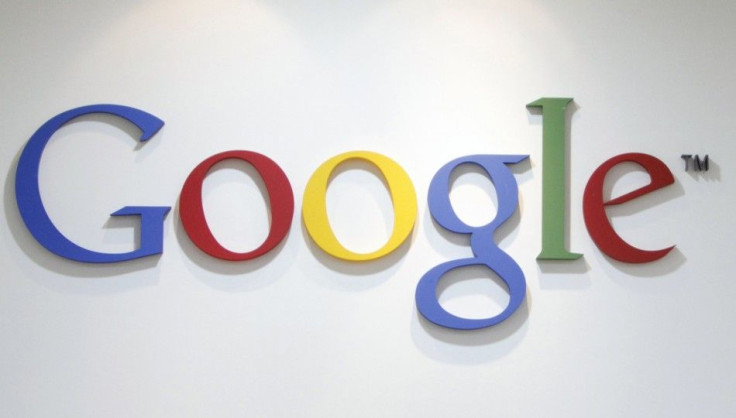Google is Changing the Way We Remember Things: Study

A new study claimed that Internet search engines, like Google, are changing the way we think and remember things.
The study called The Google Effect, led by psychologist Betsy Sparrow of Columbia University, suggested that Google is changing the way our brains choose to remember information.
Researchers found that the use of search engines has reorganized human memory in terms of where it goes for information and that we no longer rely as much on our memories.
The evidence is founded in a series of four different experiments that were carried out by Sparrow and her colleagues, Daniel M. Wegner and Jenny Liu, to test how people remembered information if it was stored somewhere accessible (i.e., the Internet).
In each case, people are more likely to know where to look for information on the Internet, and if it's easy to find, they're more likely to remember where they found it, rather than the information itself.
But, if that the information is not easily accessible online, they are more likely to remember the information.
Our brains rely on the Internet for memory in much the same way they rely on the memory of a friend, family member, or co-worker. We remember less through knowing information itself than by knowing where the information can be found,” Sparrow says.
I love watching baseball, Sparrow said in example of transactive memory. But I know my husband knows baseball facts, so when I want to know something I ask him, and I don't bother to remember it.
Sparrow went on to say that our capability to remember the things that we want to remember has not decreased, but our desire to have.
© Copyright IBTimes 2025. All rights reserved.



















